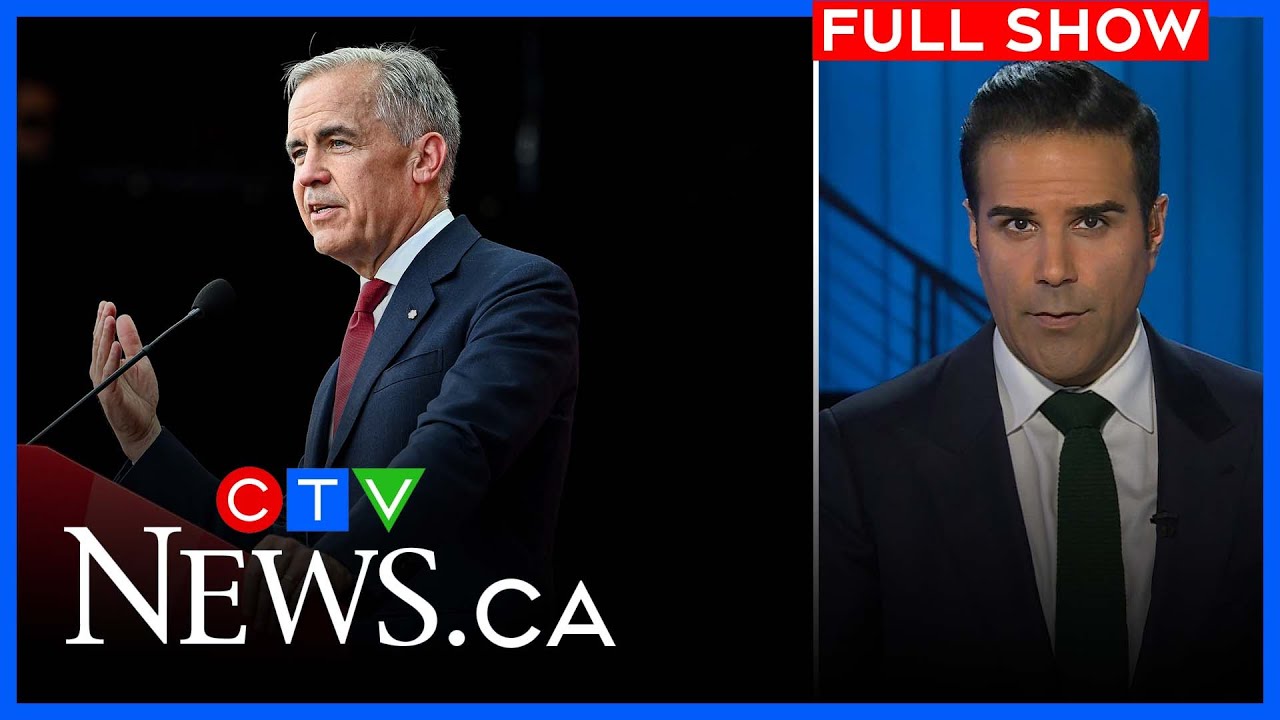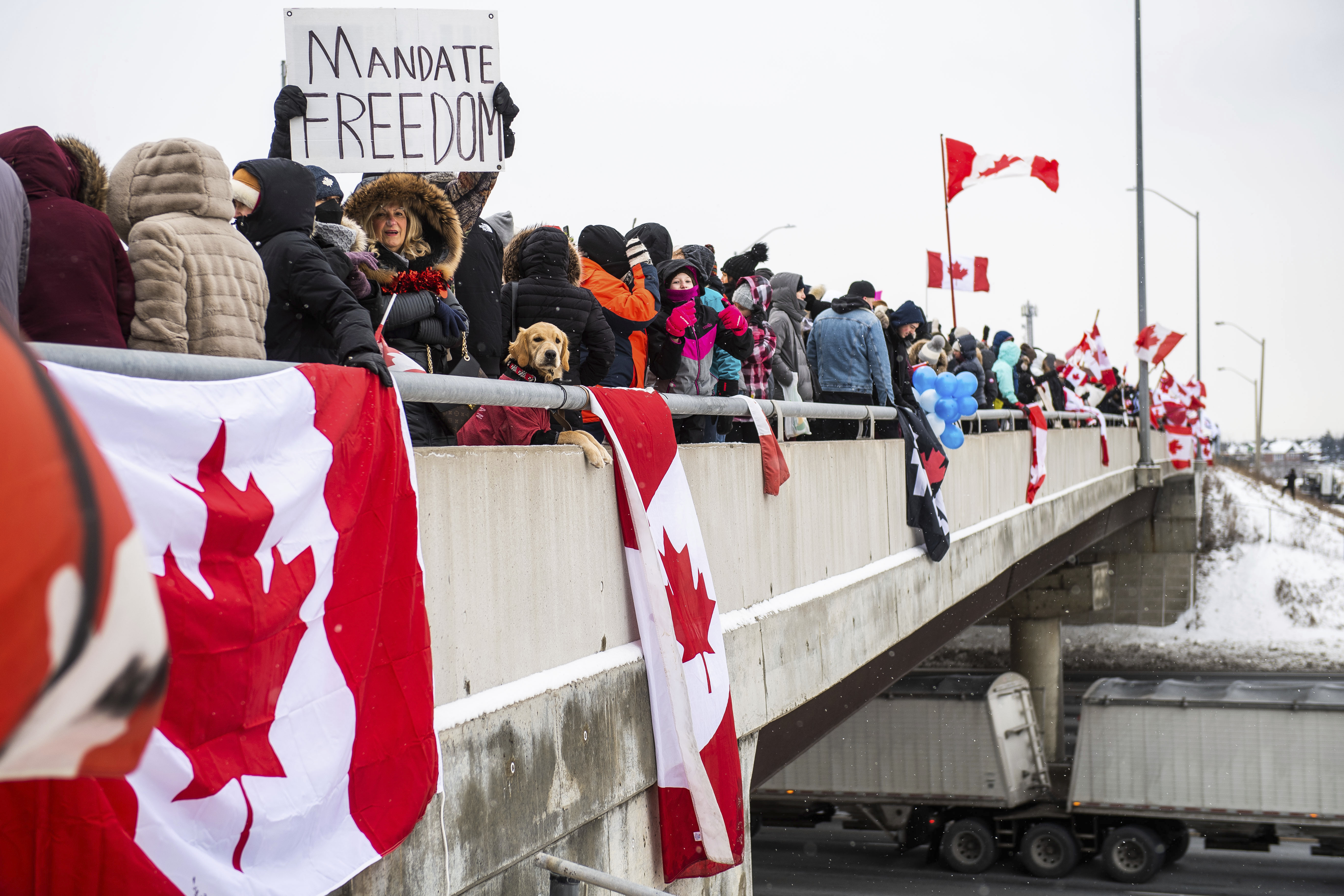Prime Minister Mark Carney"s cross-departmental review of regulations is not merely a bureaucratic shuffle; it poses a significant threat to public safety and civil rights across Canada. Starting today, this initiative is intended to tackle what Carney labels "unnecessary red tape," but the implications could lead to devastating consequences for vulnerable communities and essential services.
Unpacking the Review"s Agenda
As reported by CBC News, Carney"s administration has committed to an aggressive examination of all regulations, aiming to cut costs under the banner of efficiency and economic growth. Treasury Board President Shafqat Ali articulated this perspective, stating that "cutting unnecessary red tape is essential to unlocking Canada"s full economic potential." Yet, this rhetoric glosses over the reality that these regulations often serve as critical safeguards for public health, safety, and civil rights.
Historical Context of Regulatory Cuts
Historically, attempts to reduce regulations have often led to serious public health crises. For example, the deregulation waves of the 1990s in the United States contributed to environmental disasters and increased corporate malfeasance. Carney"s promise to streamline regulations could similarly dismantle protections that ensure clean air, safe workplaces, and equitable treatment under the law. In a country where businesses reportedly paid an estimated $51.5 billion last year due to regulations, the question arises: at what cost are we pursuing economic efficiency?

Carney"s cabinet to present plans by summer"s end | CTV National News at 11 for July 07 2025
The Threat to Public Services
Carney"s review will require federal departments, including essential agencies like Transport Canada and Natural Resources Canada, to eliminate outdated or unnecessary rules. While streamlining processes can improve efficiency, the potential for harm is significant. The New Democratic Party (NDP) has raised alarms over the implications of these cuts, particularly regarding health care services. As the NDP asserts, there is a real risk that the government"s focus on reducing expenditures may come at the expense of vital public services needed by low-income and marginalized communities.
Consequences for Civil Rights
Moreover, the push for deregulation could have dire consequences for civil rights. Regulations that protect against discriminatory practices in hiring, housing, and education may be on the chopping block as the government seeks "ambitious savings proposals." This could have a chilling effect on civil rights enforcement, making it easier for systemic discrimination to thrive unchecked. Activists and civil rights organizations must remain vigilant as these changes unfold, ready to challenge any moves that undermine hard-fought protections.

How many tanks?" Cabinet texts reveal pent-up frustration ...
Economic Efficiency or Ideological Agenda?
At the core of Carney"s regulatory review is a fundamental question about the priorities of his administration. Is this truly about economic efficiency, or does it reflect a broader ideological agenda that favors corporate interests over public welfare? The push to separate operational spending from capital spending suggests a willingness to sacrifice immediate public needs for long-term investments that may not equitably benefit all Canadians. The government"s commitment to cutting the growth of spending from nine percent to two percent raises flags about who will bear the brunt of these cuts.
As Carney"s cabinet members are tasked with identifying cost-saving measures, the potential fallout could disproportionately impact the very populations that rely most on government services. The risks of regulatory rollback extend beyond economic metrics; they threaten the foundations of democratic governance and social justice.
In this high-stakes moment, it is crucial for Canadians to scrutinize the implications of Carney"s regulatory review. The promise of streamlined government should not come at the expense of our health, safety, and civil rights. As citizens, we must demand accountability and ensure that our regulatory framework remains robust enough to protect the most vulnerable among us.



![[Video] Gunfire between Iraqi security forces and Sadr militias in Baghdad](/_next/image?url=%2Fapi%2Fimage%2Fthumbnails%2Fthumbnail-1768343508874-4redb-thumbnail.jpg&w=3840&q=75)
